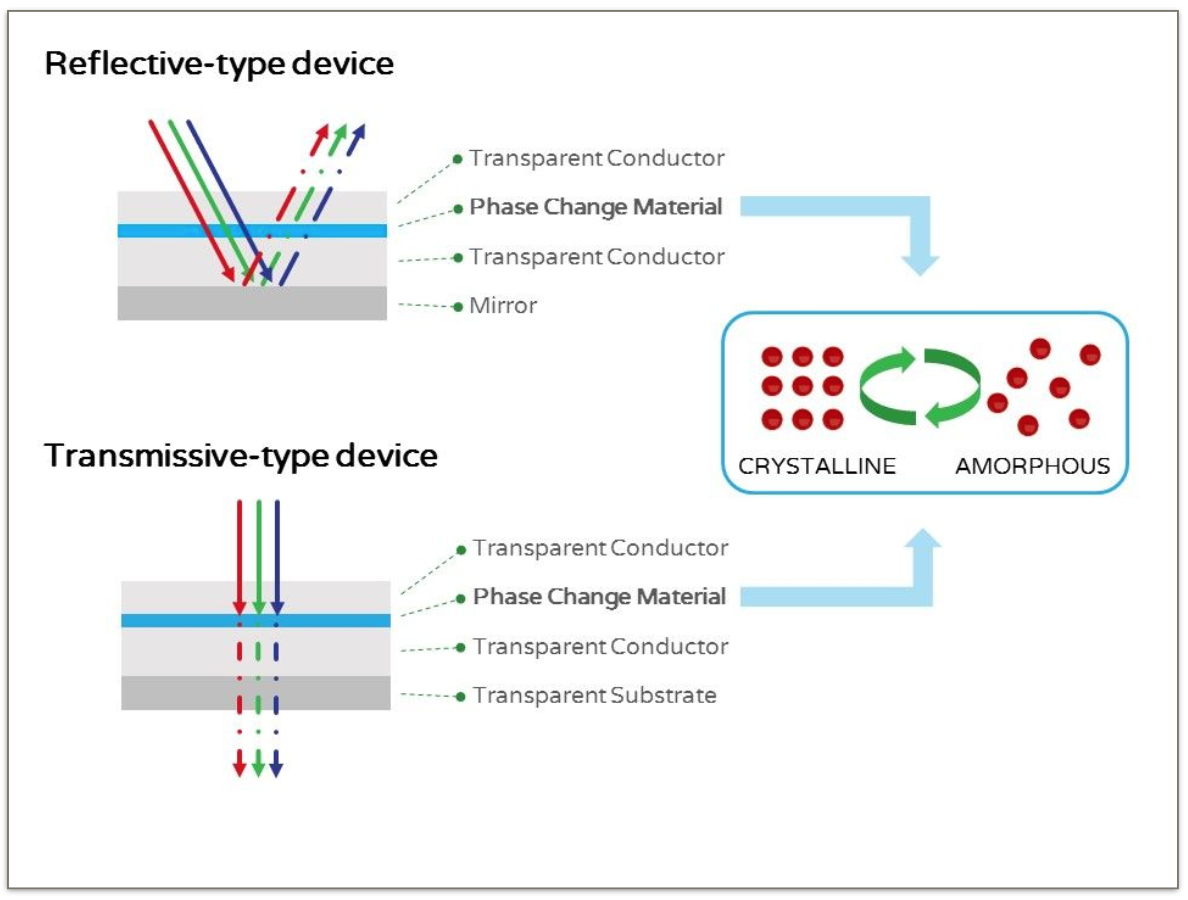Scientists in the UK have designed a new type of touchscreen material, dubbed “smart glass”, which requires much less power to illuminate than conventional touch screens. It was developed by a University of Oxford spin-off company called Bodle Technologies.
The touchscreen material is based on technology used for rewritable DVDs. Bodle is looking into “extremely thin, flexible, transparent layers of a new smart material” capable of being used to make high-resolution smartphone screens.
One of the researchers, Peiman Hosseini, was quoted by The Telegraph as saying:
”We can create an entire new market. You have to charge smartwatches every night, which is slowing adoption. But if you had a smartwatch or smart glass that didn’t need much power, you could recharge it just once a week,”
The display panel is one of the main reasons that modern day smartphones run out of battery so quickly. An energy-efficient touchscreen could completely revolutionize the smartphone experience – eliminating the need for users to constantly recharge their devices.
Bodles core technology is about the creation and manipulation of colour that is reflected off a surface by changing the refractive index of ultra-thin functional layers
“This new approach allows us to create materials which can not only manipulate light very cleverly, but are also very cost-effective,” said Harish Bhaskaran, Associate Professor at Oxford & Founder Director at Bodle Technologies.
According to Bodle: “Our revolutionary ultra-thin structures are capable of manipulating light using electrical, optical or mechanical means.
“It can be used to filter, steer or dim light at a flick of a switch, and most importantly, consumes very little or no power after switching.”
Illustration of Bodle’s basic working principle:

